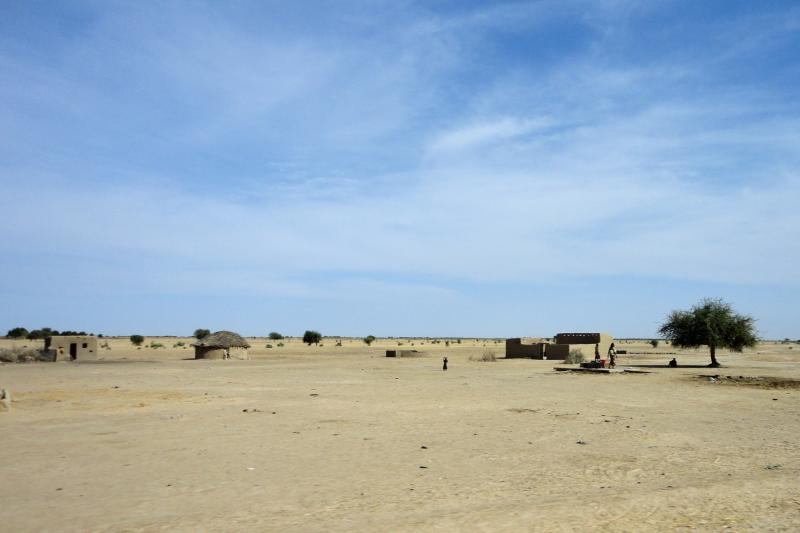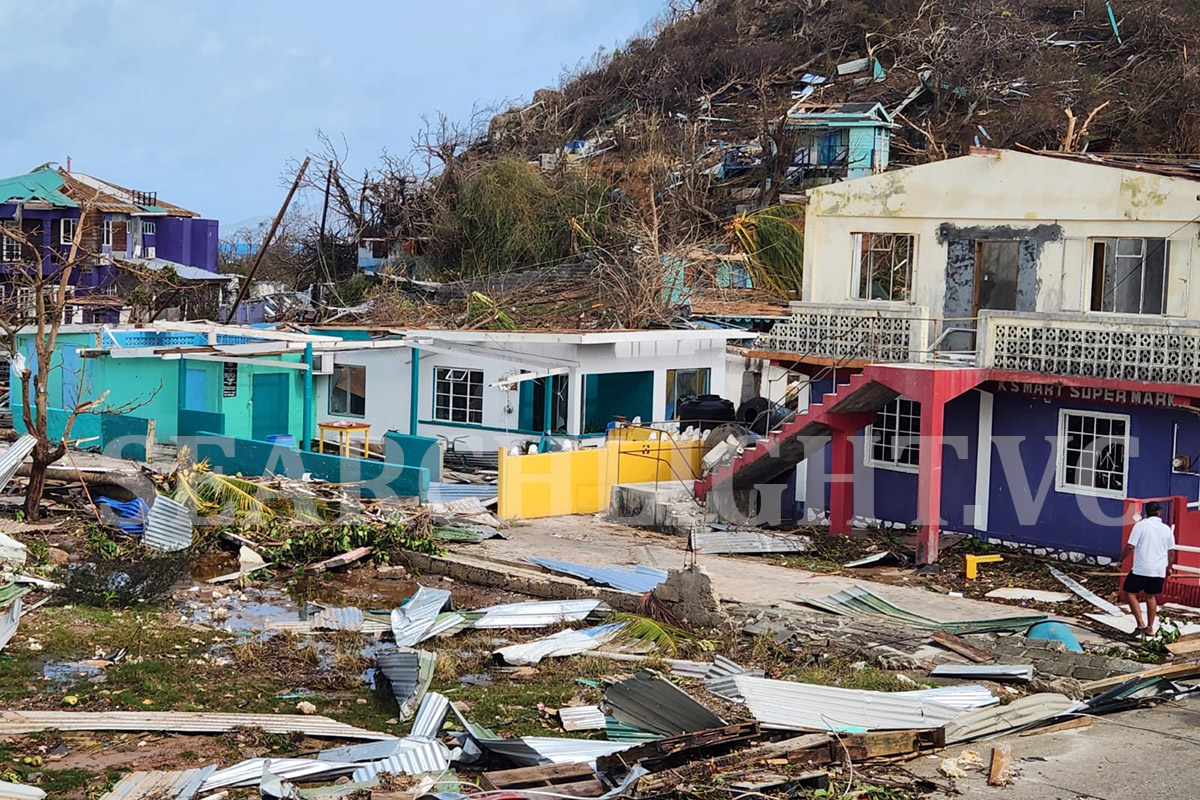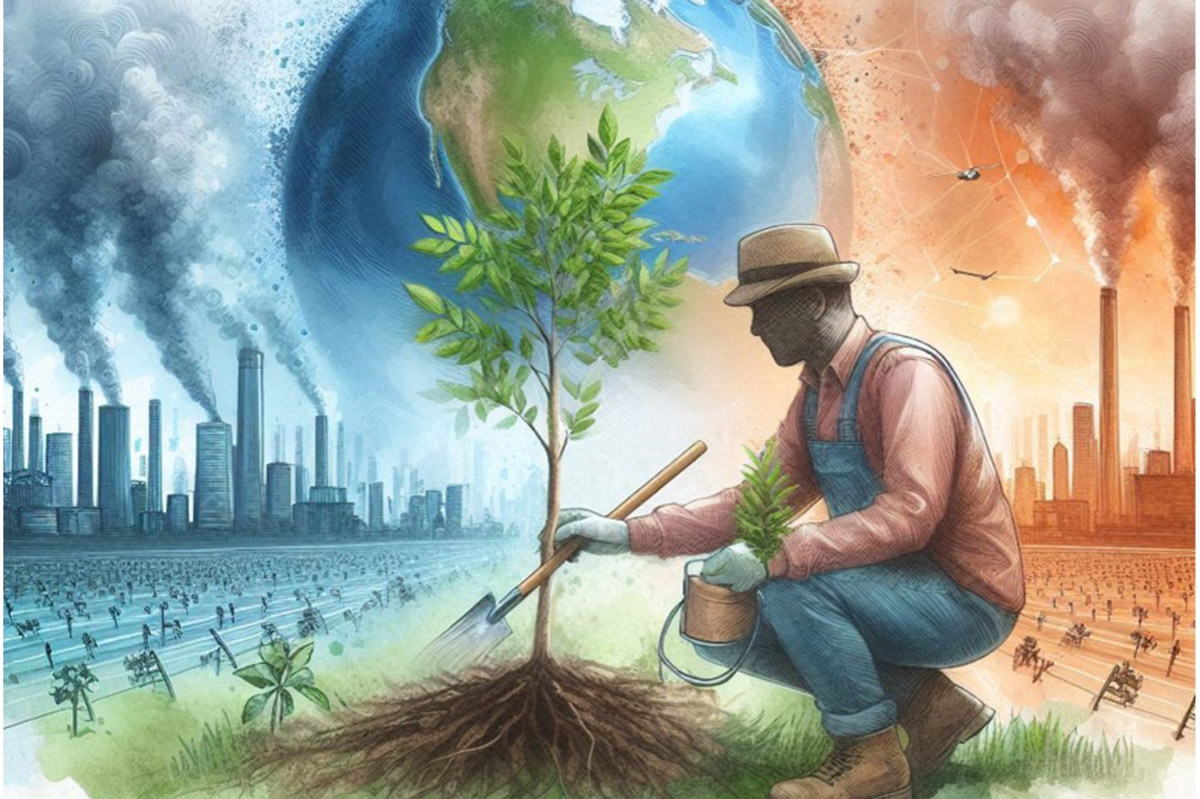“Lake Chad and the Boko Haram crisis”
October 2The Lake Chad basin, a crucial source of livelihood for over 20 million people, faces a humanitarian and environmental crisis, write Usman Muhammad, 30, a Correspondent from Nigeria now studying in the UK.
Lake Chad is shrinking as a result of climate change that directly or indirectly gave birth to the current conflict affecting countries along the lake. The situation is as extreme as it looks, and if the international community does not take action, the situation will continue to affect millions of lives.
At the World Humanitarian Summit in Istanbul Stephen O’Brien, head of UN Office for the Coordination of Humanitarian Affairs (OCHA), called the suffering in West Africa’s Lake Chad Basin “the most under-reported, the most under-funded and the least addressed of the big crises we face.”
Lake Chad has incredibly “lost as much as 90 percent of its water in the past 50 years, thus the surface area of the Lake has shrunk from 25,000 square kilometers in the 1960s to 4,800 square kilometers in 2014″, according to the United Nations Environment Programme (UNEP). The causes have been cited as climate change that led to intense reduction and change in rainfall pattern, as well as other factors such as anthropogenic pressures and lack of proper environmental regulation by African governments, especially those in the Lake Chad Basin area.
A report on Big Think said that “in 1908 and 1984, the lake almost dried out, but in the 1960s the lake again covered 26.000 sq. km, making it the fourth largest lake in Africa. By 2000, it had shrunk to a mere 1.500 sq. km, with an average depth of no more than 1.5 meters.”
Lake Chad’s irrigation system was poorly managed, which according to Food and Agricultural Organization (FAO) has “caused the reduction of the lake from 25,000 M2 in 1963 to about 3,000 M2 in 1986.” The FAO further said that “this prompted the government to stop all irrigation projects in the basin in 1989 because the level of the lake fell 3m below the critical level.”
Experts believe that effects of climate change and resulting hardships of poverty have exploited and amplified the violence of Boko Haram, an armed movement specifically targeting education. The terrorist group, which originated in Nigeria, is causing pain and suffering for millions of people. The crisis has intensified in recent years, spreading across borders into Niger, Cameroon and Chad and creating a humanitarian crisis. According to OCHA, “over 2.6 million people have been forced to flee their homes as a result of violent acts by Boko Haram insurgency.”
The Humanitarian Response Plans (HRP) identified 10.7 million people in need of life-saving assistance in the most affected areas in Cameroon, Chad, Niger and Nigeria. According to HRP, “over 7 million people are struggling with food security, with children representing a majority of those in need. 2.3million people are displaced, a number that has tripled over the last two years.”
The Oslo Humanitarian Conference on Nigeria and Lake Chad Region, held on 24 Feb. 2017, reported that over 1200 schools have been destroyed, affecting the education of more than 2 million children. The conflict has created a severe education emergency, as teachers have also been targeted.
Concerted efforts are needed from governments, the private sector, and NGOs to avert another crisis that could create more refugees and mass migration to the rest of Europe and other countries that are economically viable.
Reach me on Twitter @uuthmann
Photo credit: 10b travelling It’s dry this far north via photopin (license)
…………………………………………………………………………………………………………………
About me: I was born and raised in Mareri village in North West Nigeria. I am a climate mitigation activist, women empowerment advocate, children’s education champion and social entrepreneur.
I earned my BSc in Economics from prestigious Ahmadu Bello University Zaria and am currently pursuing MSc in Education for Sustainability at the London South Bank University under the African Commonwealth Scholars Program. Outside my studies, I am Executive Director at the Centre for Renewable Energy and Action on Climate Change (CREACC-Nigeria), an NGO based in Nigeria.
…………………………………………………………………………………………………………………
Opinions expressed in this article are those of the author and do not necessarily represent the views of the Commonwealth Youth Programme. Articles are published in a spirit of dialogue, respect and understanding. If you disagree, why not submit a response?
To learn more about becoming a Commonwealth Correspondent please visit: http://www.yourcommonwealth.org/submit-articles/
…………………………………………………………………………………………………………………





